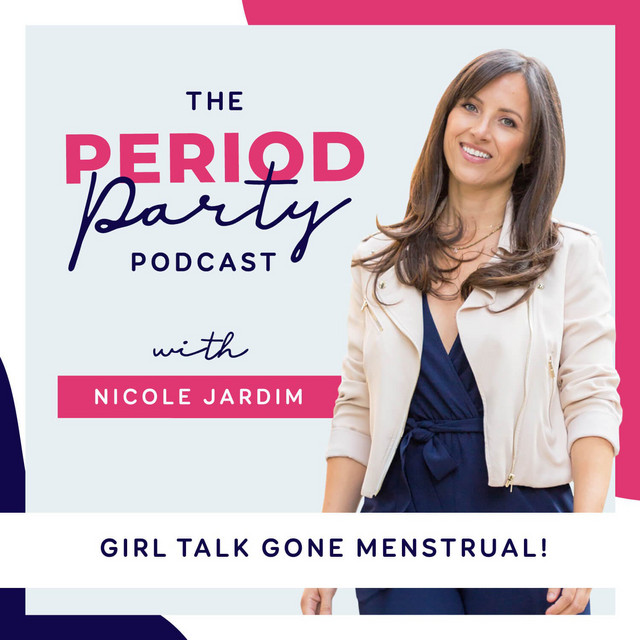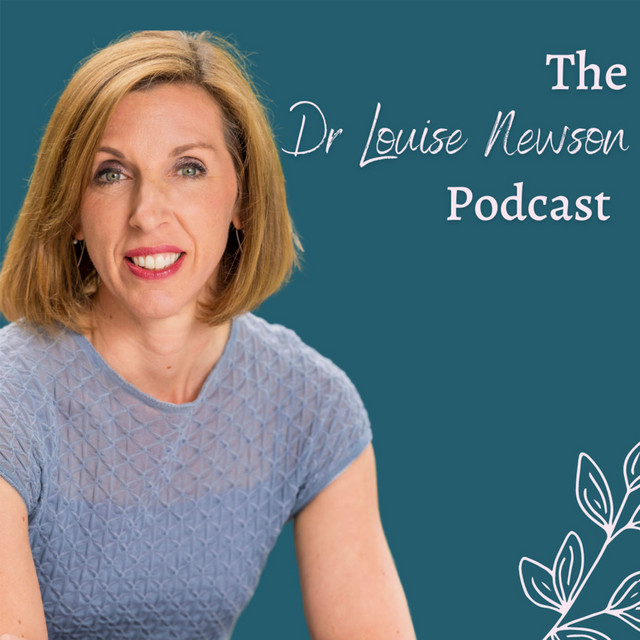About Dr. Frank Nordt, Director & CEO of Rhein Consulting Laboratories
Dr. Nordt is a biophysical chemist with decades of laboratory experience and many scholarly publications in major scientific journals. His background also includes academic and industry work in the fields of colloid and surface chemistry, experimental and clinical biochemistry, and pharmacology.
After earning his Ph.D. at the Oregon Health and Sciences University with a dissertation on surface chemistry of red blood cells, including rheological properties of blood, Dr. Nordt won a postdoctoral fellowship at the prestigious Max Planck Institut for Biochemistry near Munich, Germany. Upon completing his work at the Max Planck, Dr. Nordt accepted a research position at Sandoz (now Novartis), a major pharmaceutical company headquartered in Basel, Switzerland, where he explored potential pharmacological interventions for stroke.
Recruited back to the United States by his alma mater, Dr. Nordt conducted research and taught at the OHSU before committing to the full-time operation of Rhein Consulting Laboratories in 1991.
Dr. Nordt has published extensively and is recognized internationally for his contributions to academic research, which he continues to undertake in collaboration with research teams from universities and the private sector worldwide. His reputation is unrivaled as the scientific thought leader in hormone profiling, analysis, interpretation, and clinical and research applications.
Timestamp
2:30 What are the advantages & disadvantages of serum(blood) testing, and why immunoassays are not that reliable for serum hormone testing
9:33 The importance of hormone profiling in patients who experience hormonal symptoms
12:19 What are the advantages & disadvantages of saliva testing?
16:55 When would salivary testing be useful?
17:50 Dr. Nordt explains Gas Chromatography (GC), Liquid chromatography (LC), and Mass Spectrometry (MS), which are highly accurate for hormone testing and becomes an important thing to understand when comparing the accuracy of 24-hour urine hormone testing to DUTCH testing or other types of 4-point urine testing where different methods are used
23:08 What are the advantages & disadvantages of urine testing?
26:38 Dr. Nordt points out some of the nuances related to hormone testing in patients using oral and sublingual hormones
28:34 Why Dr. Nordt generally recommends that women stop oral micronized progesterone the day before testing and the day of testing
33:53 The truth about dried urine testing and why it is problematic
44:30 The problems with using filter paper in dried urine testing
48:38 Are dried blood spot tests a good option for hormone testing?
52:15 Are at-home salivary cortisol tests reliable? Is 4-point testing necessary to identify adrenal issues?
55:39 Dr. Nordt points out that microscopic mouth bleeds impact salivary cortisol results
1:02:00 Rhein labs only allow ordering clinicians to order 24-hour urine hormone tests. They have the capacity to provide 1:1 consulting with providers to help them understand the tests.
1:05:00 Why were dried urine spots developed if they aren’t gold standard hormone testing?
Highlights
- The advantages & disadvantages of different types of hormone testing: serum, blood spot, saliva, and urine
- Why serum testing lends itself well to testing of peptide hormones but not other hormones
- Which type of estrogen is often missed in serum hormone testing, yet is a big piece of the hormonal picture
- Hormone levels are pulsatile and time-dependent (ultradian, circadian, and diurnal) which must be considered when testing hormones in serum
- Why hormone profiling is critical when treating hormone-related symptoms and issues
- Why salivary testing is problematic for hormone testing, including cortisol testing
- 24-hour urine hormone testing is the most comprehensive and accurate testing method and is considered the gold standard method for testing hormones and their metabolites
- The problems and pitfalls with 4-point urinary hormone testing and dried urine testing that most people don’t understand
- Why dried spot blood testing is problematic for hormone testing, including thyroid hormone testing
